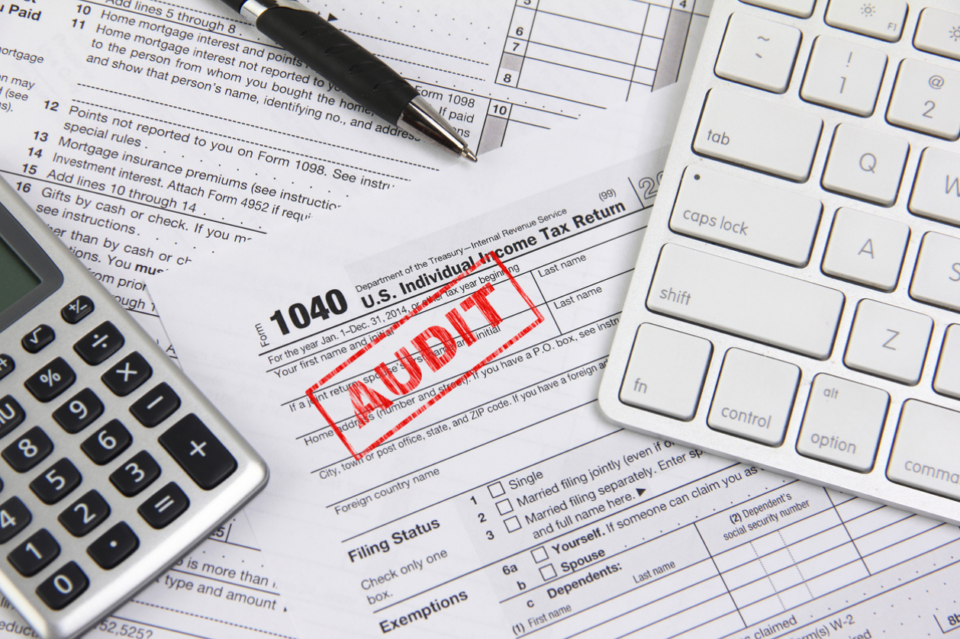IRS’s Enforcement Policies Increased Audits for Corporate and High-Income Taxpayers

Originally published on April 12, 2023, this article has been updated to include information from an IRS announcement released in September 2023.
On April 6, 2023, the Internal Revenue Service released its much-anticipated strategic operating plan. The plan outlines how the agency will use the additional $80 billion in funding from the Inflation Reduction Act. Of particular note is the IRS’s plan to ramp up audits of complex corporate and partnership returns, including audits of taxpayers with more than $400,000 of income.
On September 8, 2023, the IRS announced key changes designed to “reduce the burden on average taxpayers while using Artificial Intelligence and improved technology to identify sophisticated schemes to avoid taxes.”
In its statement, the IRS confirmed that it would ensure that audit rates do not increase for taxpayers earning less than $400,000 a year. Earlier this year, Treasury Secretary Janet Yellen had explicitly directed the IRS not to increase audit rates for households and small businesses making less than $400,000 per year – criteria that IRS Commissioner Danny Werfel reiterated during a call with reporters on April 6.
The IRS said it plans to leverage data analytics and technology to audit complex tax returns and hire specialists to focus on audits of large companies, partnerships, and high-income individuals in fiscal year 2023. The IRS will also increase enforcement of cryptocurrencies and estate, gift, and employment taxation – areas where audits have decreased in recent years.
Among other actions, the IRS indicated in its recent statement that it plans to:
- Focus its attention on taxpayers with total positive income above $1 million that have more than $250,000 in recognized tax debt.
- Leverage artificial intelligence to expand its Large Partnership Compliance (LPC) program, which was launched in 2021, in an effort to “identify potential compliance risk in the areas of partnership tax, general income tax and accounting, and international tax.” The IRS said it plans to open examinations of the nation’s 75 largest partnerships – which have, on average, more than $10 billion in assets – from a range of industries, including hedge funds, real estate investment partnerships, publicly traded partnerships, large law firms, and other industries.
- Focus on addressing balance sheet discrepancies among high-risk large partnerships.
- Increase scrutiny on Foreign Bank and Financial Accounts Report (FBAR) violations in 2024.
Corporate taxpayers and individuals earning more than $400,000 per year should be aware of the increased scrutiny and potential for audit. Taxpayers who took overly aggressive positions should factor the increased likelihood of examination into their analysis and take this as an opportunity to reevaluate their approach to federal income compliance.
The IRS’s earlier report and its recent statement also include plans to improve taxpayer services, enhance technology, and boost cybersecurity. If you have any questions about the IRS’s recent report or tax strategies, attorneys in LP’s Tax Planning Group are here to help.